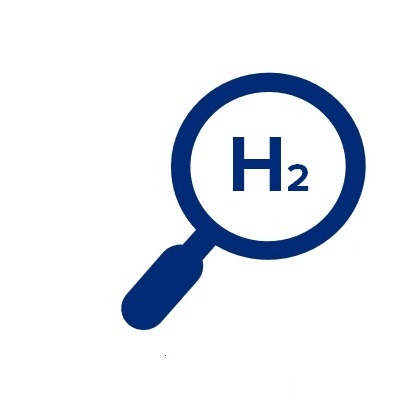
Vinçotte provides necessary risk assessments for hydrogen projects
Hydrogen, compared to natural gas, has a number of properties that make it more dangerous. So, a risk analysis is extremely important. Given the high risk, all scenarios where something can go wrong should be considered and covered.
The properties of hydrogen that make it more dangerous than gas are:
- The combustion temperature of hydrogen is much higher than that of natural gas.
- Hydrogen gas on fire is invisible, no flame is produced.
- Hydrogen is stored and transported under high pressure.
- Hydrogen gas is a very small molecule and is highly volatile.
- Hydrogen has a 100x lower ignition value than natural gas. Even a minimal electrostatic discharge can cause an explosion.
- Hydrogen has a negative impact on material properties and the behaviour of pressure-bearing parts of a plant.
Whether and to what extent the risks increase naturally also depends on the application: transport of hydrogen, hydrogen as a feedstock, hydrogen as a fuel, hydrogen storage, refuelling station, compression station, etc.
Given the high risk, all scenarios where something can go wrong should be considered and covered for a new plant but also certainly for retrofitting an existing plant to work with hydrogen. So, a risk analysis is extremely important.
Among others, the following technical assessments and studies are important: performing a HAZOP, an explosion protection document and a zoning file, lightning protection, tightness tests such as for natural gas installations, compliancy with applicable regulations, assessment of the structural integrity of the installation, analysis of material certificates, conducting additional tests on materials, assessment of measuring equipment (Measuring Instruments Directive), etc.
But there is also a need to adapt existing regulations and standards. Here too, Vinçotte is active. Because if we were to add up to 20% hydrogen to natural gas, we would want the natural gas installations that heat our buildings to continue to operate safely.

A hydrogen installation therefore requires extra attention, not only because there are legal obligations but also because the safety aspect is essential.
Vinçotte is your experienced partner, guiding you from the conceptual phase via the basic design to the detailed design and construction, but also when retrofitting an existing installation.
